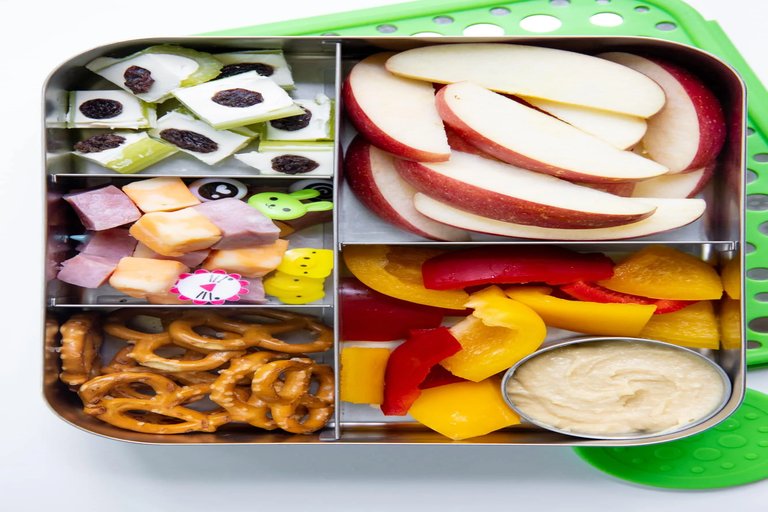Sustainability
Oakville High School Launches Zero-Waste Lunch Program
Students at an Oakville high school are pioneering a zero-waste initiative, using compostable packaging and reusable containers to reduce landfill contribution by over 60%.
By Liam Reid | 2025-08-26 16:25

At Riverstone Secondary School in Oakville, students are trading plastic forks and chip bags for stainless steel cutlery and compost bins. The school’s new zero-waste lunch program, launched this month, is already reshaping how hundreds of teenagers think about what they eat—and what they throw away.
The initiative, led by the school’s Eco Club and supported by administration, encourages students to bring lunches in reusable containers and avoid single-use packaging. Compost stations have been set up in all cafeterias, and biodegradable wrappers are available for those buying from the school canteen.
“The first step was education,” said Vice Principal Linda Myles. “We held assemblies, ran workshops, and even did waste audits to show students just how much unnecessary garbage we were producing every day.” Early data suggests a 63% reduction in lunchtime waste after just three weeks.
To boost engagement, students can earn ‘green points’ for sustainable lunch habits, which are redeemable for prizes like local café gift cards or school supplies. Posters line the hallways showing how composting and reusable containers make a measurable difference.
Grade 11 student and Eco Club member Harjit Saini said the program has changed her habits even at home. “My family now buys bulk snacks and uses mason jars instead of plastic bags,” she said. “It’s made us more conscious overall.”
The school is also piloting a partnership with a local farm that collects the compost weekly and uses it for soil enrichment. Science classes have incorporated the compost data into lessons on decomposition, ecology, and environmental impact.
With support from the Halton District School Board, Riverstone hopes to become a model for other schools across the region. “It’s not just about one lunch period,” Myles said. “It’s about shifting culture—and this generation is clearly ready for it.”